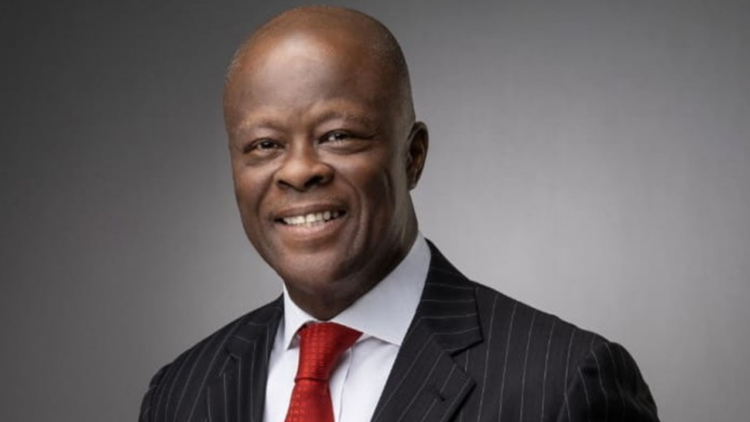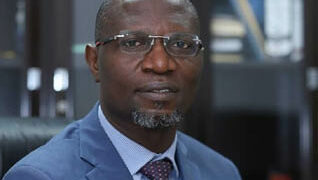The minister of finance and coordinating minister of the economy, Wale Edun, has announced that the federal government of Nigeria injected N1 trillion worth of palliatives into the manufacturing sector over the past year.
This initiative aims to revitalise the sector and has already shown positive outcomes, the chairman of the Federal Inland Revenue Service (FIRS), Zacch Adedeji, also emphasised the importance of legacy projects and infrastructure development in making the manufacturing sector more viable.
These statements were made during a public hearing on the Finance Act (Amendment) Bill 2024, organised by the National Assembly joint committee on Finance.
In response to a request to include the manufacturing sector as a beneficiary of the proposed tax on banks’ foreign profits (windfall tax), the minister assured that the sector has already been taken care of through the injection of N1 trillion worth of palliatives.
Adedeji further explained that the proposed one-time windfall tax is intended to redistribute wealth and benefit various sectors.
He highlighted that the strategic programs of President Bola Tinubu’s federal government are focused on rejuvenating the manufacturing sector.
These initiatives include the accelerated stabilisation fund and a series of strategic projects aimed at enhancing infrastructure and vibrancy in the sector.
Examples of such projects are the Badagry-Sokoto Highway, which will significantly reduce travel time from Badagry to Sokoto to 11 hours, and the Lagos-Calabar Coaster Highway, which will improve connectivity and support the revitalisation of the manufacturing sector.
Adedeji lauded President Tinubu’s robust plan for the economy, manufacturing sector, and overall development.
The specific sharing percentage of the one-time windfall tax between the federal government and banks is yet to be agreed upon, as discussions were ongoing when the Minister, the FIRS boss, and the representative of the Governor of the Central Bank of Nigeria (CBN) were excused from the meeting.
President Tinubu proposed a 50 per cent sharing formula, but some committee members suggested upward review.











